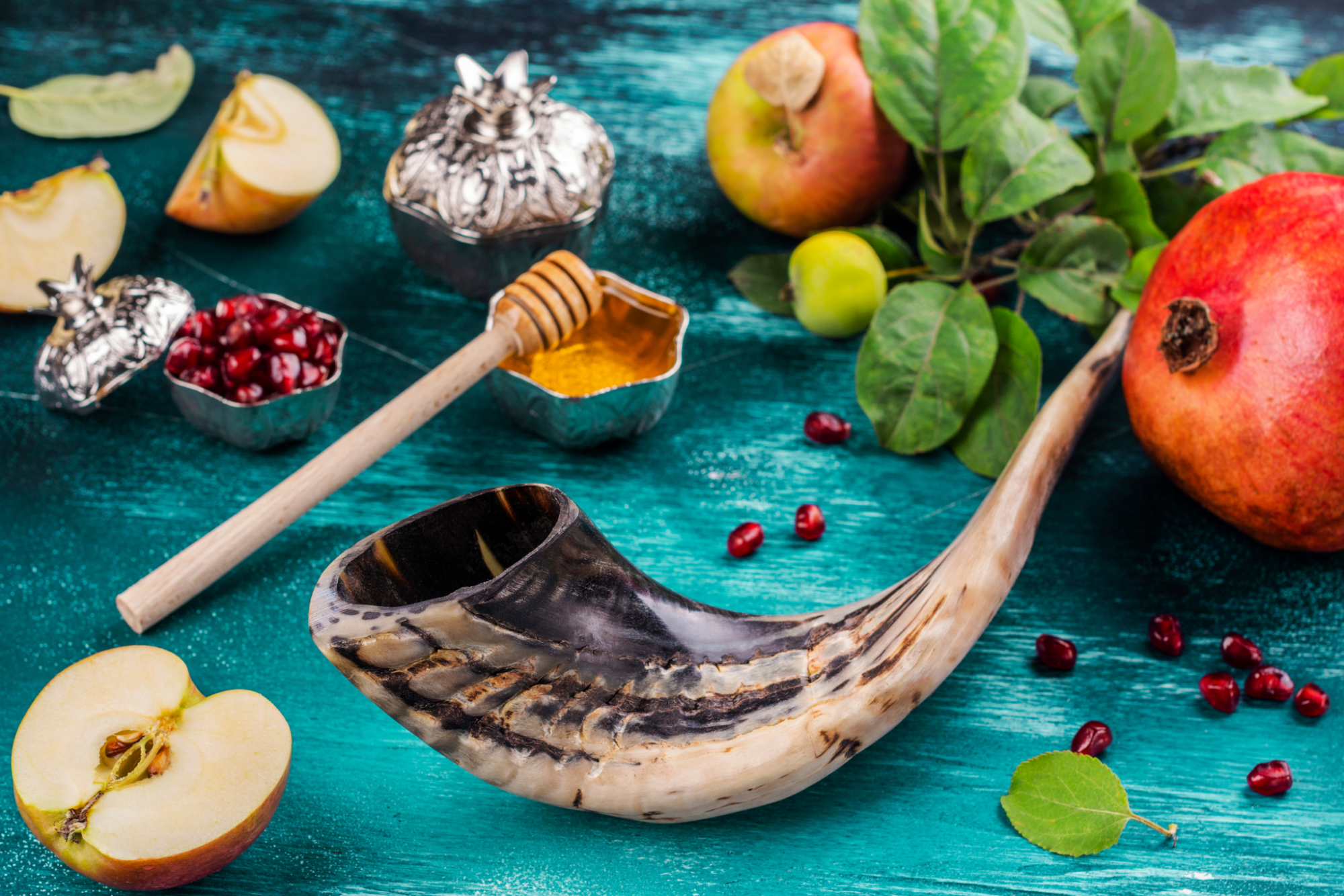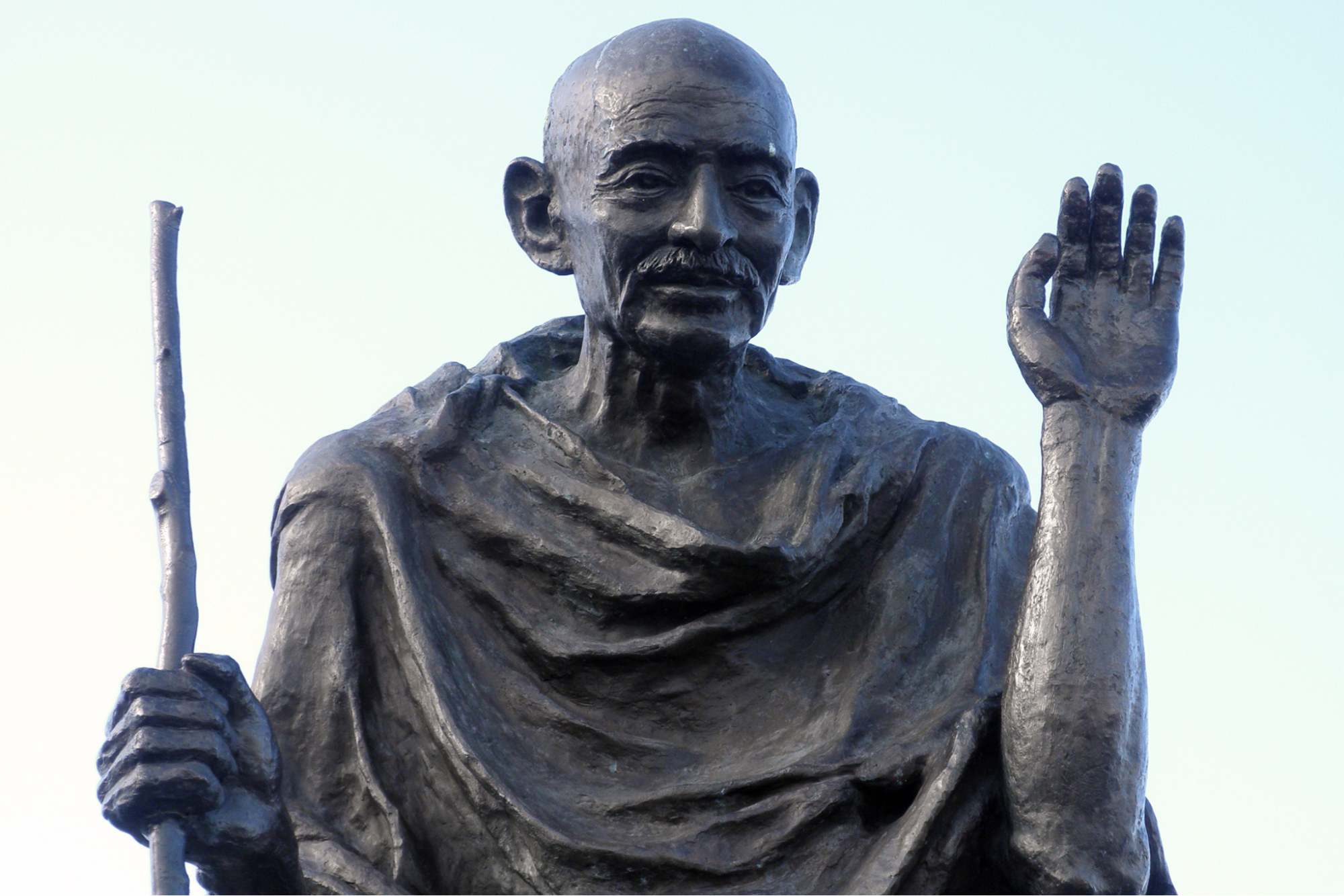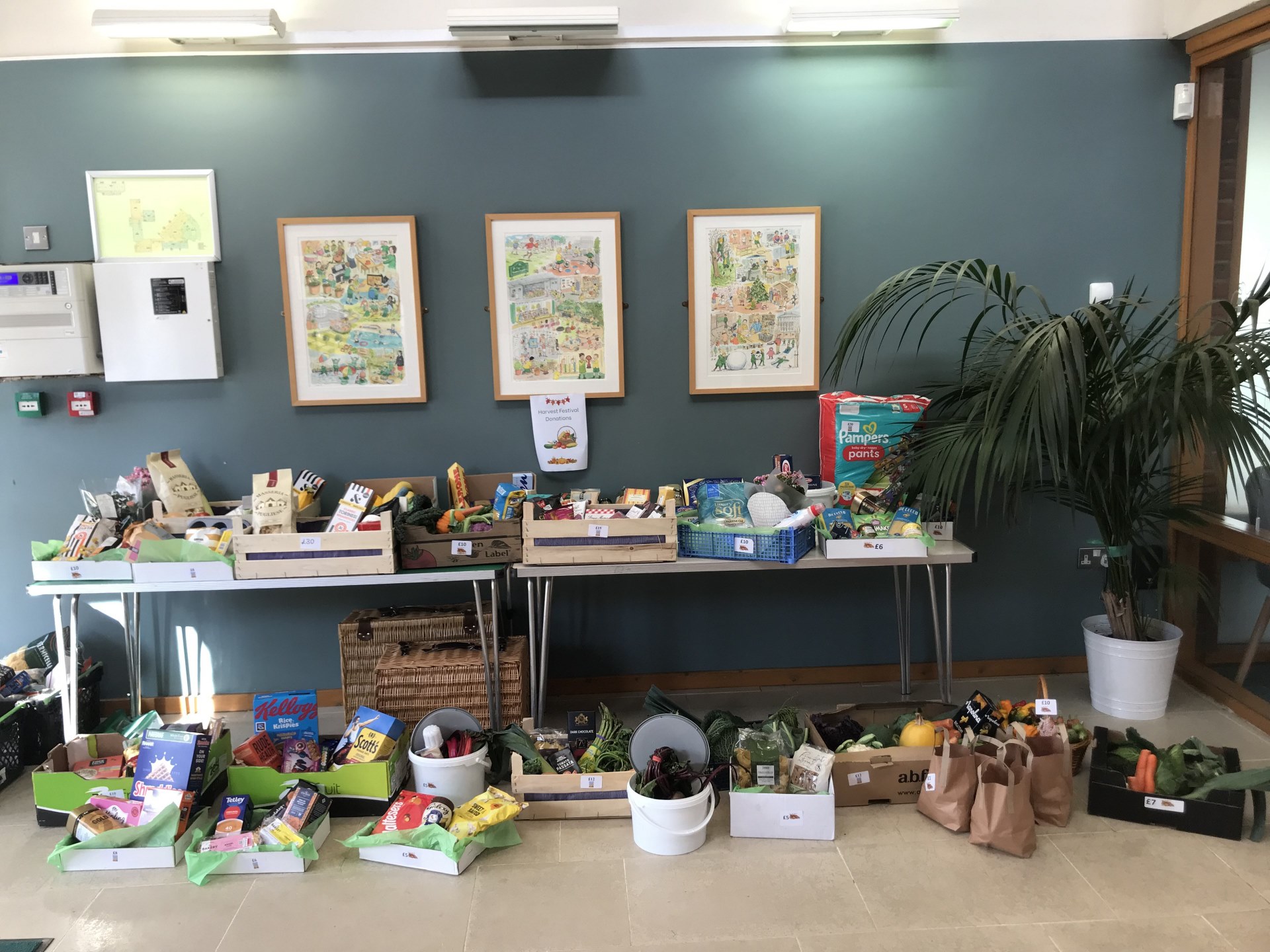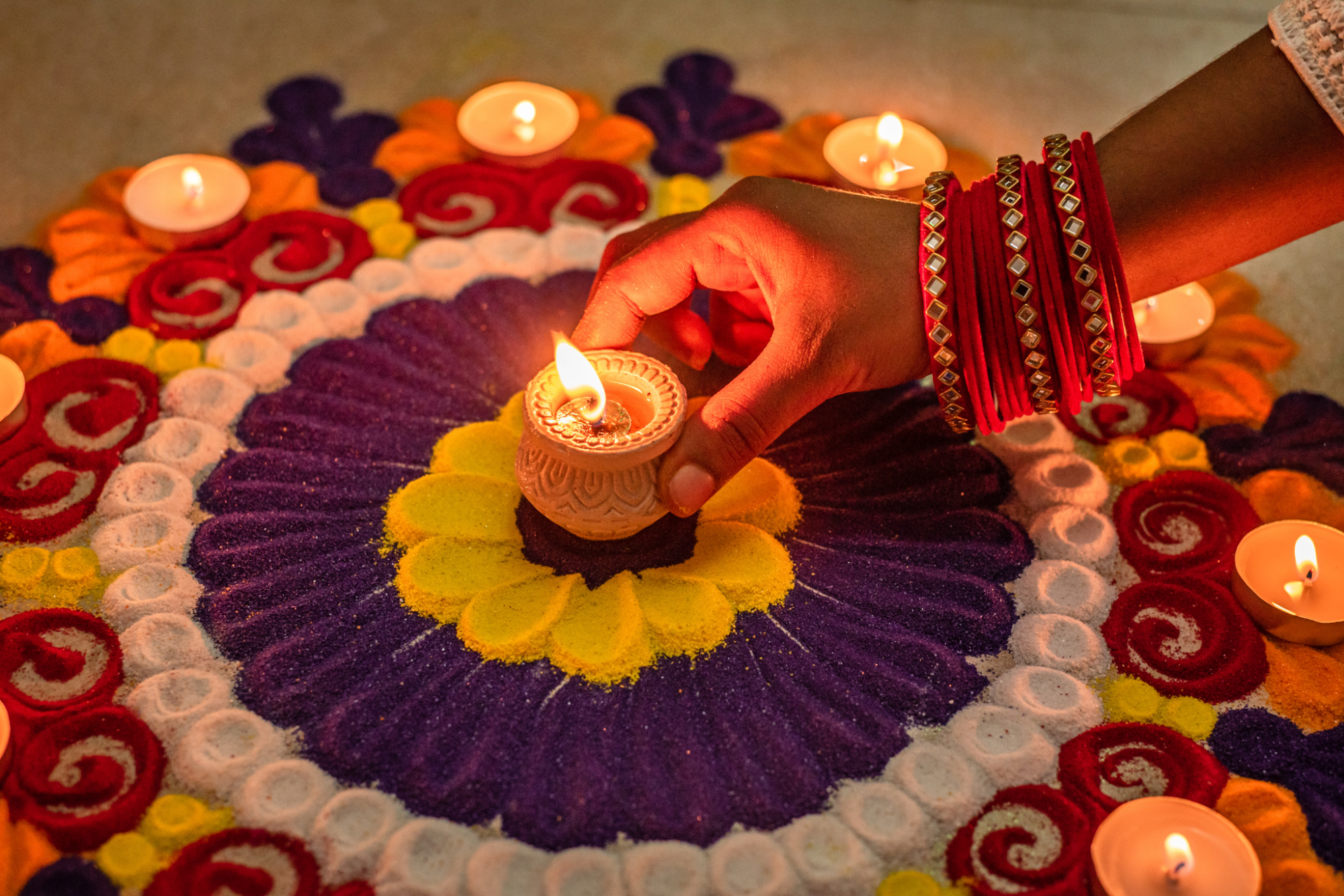Celebrating religious festivals at Pilgrims Pre-Prep: A journey through October’s festivities
At Pilgrims Pre-Prep, our children flourish in an environment that champions the core British values of inclusivity, community, liberty, respect and tolerance – no matter a person’s background or beliefs.
One way we actively teach and promote these values is through incorporating various religious festivals into our curriculum. By exploring these religious and cultural celebrations, we help our children understand and appreciate the diverse world around them.
October will see the children learn about several important religious festivals celebrated by different communities here in the UK and around the world. Our Religious Education Co-ordinator, Mrs Woodworth, takes a look at what they have already learnt, and what is coming up for the rest of the month.
Rosh Hashanah Festival
At the beginning of the month, we taught the children about Rosh Hashanah, the Jewish New Year, which means ‘head of the year’.
This is a time for self-reflection, where Jewish people seek forgiveness for any wrongdoings over the past year. It’s a solemn holiday, unlike the lively New Year’s Eve celebrations in other cultures, with many Jewish people spending lots of the holiday in prayer at a synagogue.
Rosh Hashanah ends on Yom Kippur, also called the Day of Atonement. Jewish people may be forgiven for previous mistakes and misdeeds on this day.
After the religious services, many Jewish families come together for festive meals, often featuring symbolic foods such as apples dipped in honey, representing the hope for a sweet new year, and challah bread, signifying the cycle of the year.
Through this festival, we aim to teach our children about the values of reflection and forgiveness.

Gandhi Jayanti
This month, we also introduced the children to the life and legacy of Mahatma Gandhi.
Born on 2nd October 1869, Gandhi is remembered for his role in leading non-violent protests against British rule in India.
Gandhi was a leader of India’s independence movement and an advocate for non-violent resistance. His teachings on peace and tolerance are still influential worldwide.
His birthday is celebrated as Gandhi Jayanti, a national holiday in India and the International Day of Non-Violence worldwide.
Through discussing Gandhi’s legacy, we introduced the children to concepts of peaceful protest, respect for others and equality for all.

Harvest Festival
In October, we also celebrated Harvest Festival, a time of gratitude for the abundance of good food we have and a reminder of the importance of helping those who have less.
This Christian celebration is a British tradition which dates back centuries and originally gave thanks for successful crop harvests.
At Pilgrims, we teach the children to be grateful not only for the food on their plates but also for the farmers who grow it, the workers who produce it, and the community that helps make it possible.
Thanks to your generosity, we collected lots of produce during our harvest festival, from fresh and tinned foods to flowers and baked goods.
We then sold the produce to parents and raised £230 for this year’s school charity, Making Me
Any leftover items were given to Bedford Food Bank, which provides three days’ worth of nutritionally balanced emergency food and support to local people referred to them in crisis.
Often, we don’t take enough time to say thank you and yet these two little words can mean so much.

Diwali
Hindus
As October comes to an end, we will be preparing for Diwali, the Hindu festival of lights, which will take place on Friday, 1st November this year.
Diwali is the most important holiday in India and symbolises the spiritual victory of light over darkness, good over evil, and knowledge over ignorance. It’s celebrated by lighting small oil lamps called diyas to mark the return of Ram, Sita and Lakshman to their kingdom, after defeating the evil demon king Ravan, and honouring Lakshmi, the goddess of wealth.
Other ways that Hindus celebrate the festival include spring-cleaning the home, wearing new clothes, exchanging gifts, preparing festive meals, decorating buildings with fancy lights and huge fireworks displays.

Sikhs
Diwali is also celebrated by Sikhs. For Sikhs, Diwali is particularly important because it celebrates the release from prison of the sixth guru, Guru Hargobind Sahib, and 52 other princes with him, in 1619. When Guru Hargobind Sahib Ji and the prisoners got back to their home town of Amritsar, it was the day of Diwali. Sikhs called the day Bandi Chhor Divas, which means ‘Prisoner Release Day’.
Today, many Sikhs celebrate Bandi Chhor Divas by giving and receiving gifts, lighting diyas and spending time with family and friends.
By teaching about these festivals, we help our children at Pilgrims Pre-Prep understand and appreciate the diverse cultures, faiths and traditions that make up our world.
Through activities, stories and discussions, we foster a sense of respect and tolerance, encouraging the children to embrace the differences that enrich our community.
